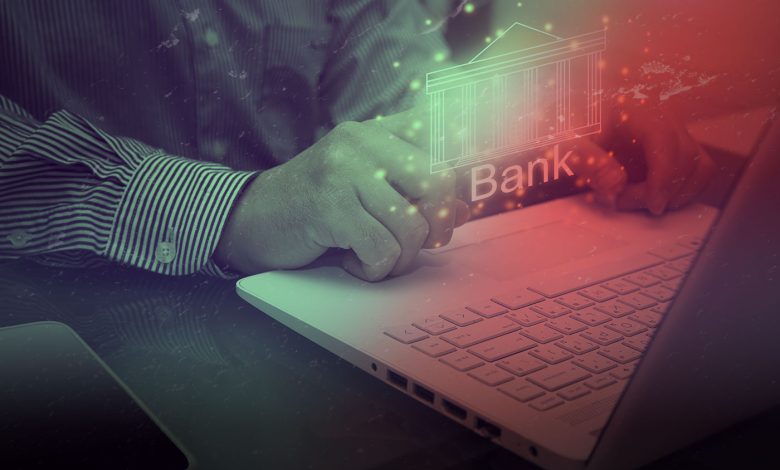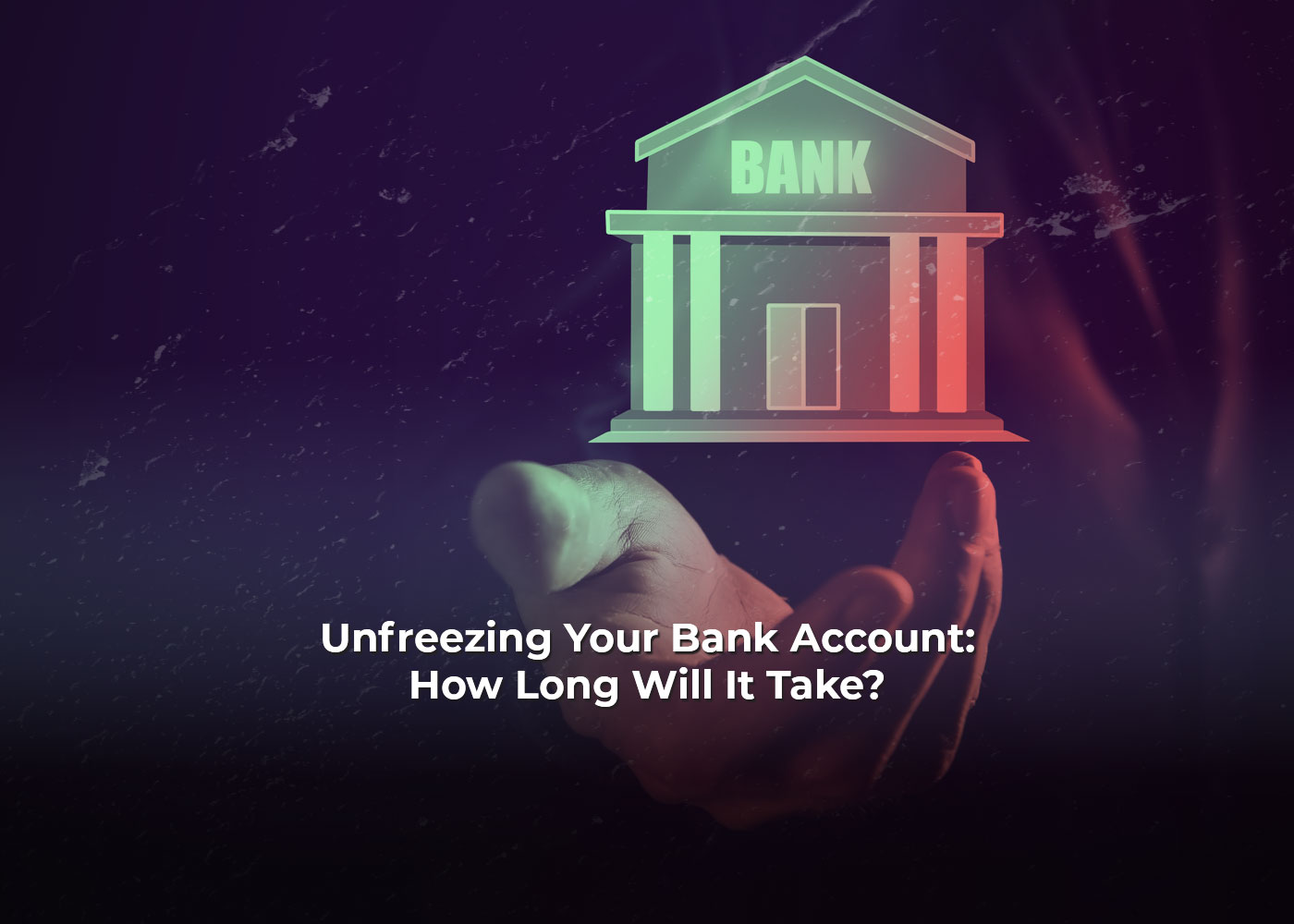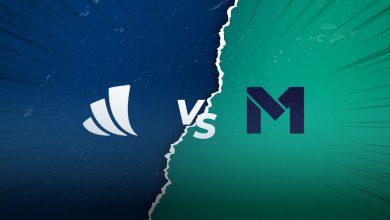Unfreezing Your Bank Account: How Long Will It Take?
Unfreezing a bank account can be a difficult and stressful affair. Having restricted access to your assets can significantly impact your finances and daily life, whether it's because of a legal issue, a misunderstanding with your bank, a frozen account as a result of suspicious conduct, or a frozen account for other reasons. This blog post will go over the primary causes of frozen bank accounts, how long it usually takes to unfreeze them, and how to speed things up. So if you ever find yourself in this predicament, read on to find out how to unfreeze your bank account.

Unfreezing a bank account can be a difficult and stressful affair. Having restricted access to your assets can significantly impact your finances and daily life, whether it’s because of a legal issue, a misunderstanding with your bank, a frozen account as a result of suspicious conduct, or a frozen account for other reasons. This blog post will go over the primary causes of frozen bank accounts, how long it usually takes to unfreeze them, and how to speed things up. So if you ever find yourself in this predicament, read on to find out how to unfreeze your bank account.
Reasons Why a Bank Account Might be Frozen:
First off, suspicious activity is among the most frequent causes of freezing a bank account. To stop additional damage, your bank may freeze your account if it suspects fraudulent or unlawful conduct. This can include transactions that don’t correspond to your typical spending habits, odd deposits or withdrawals, or conduct that appears to be a part of a broader scheme. Before freezing your account, the bank may, in some circumstances, even contact you to confirm the activity.
In addition, court orders may sometimes cause your account to be frozen. Your bank must freeze your account if a judge orders a garnishment, levy, or lien against it until the issue is handled. You might experience this if you owe money, have unpaid taxes, or are embroiled in a court battle. You might be able to work with the bank or the court to have part or all of the funds in your account released, depending on the specifics of the court order.
And last, banks could freeze accounts due to compliance problems. Several laws and regulations, such as those relating to anti-money laundering and Know Your Customer (KYC) requirements, must be complied with by financial institutions. Your bank may freeze your account until the problem is fixed if your account information is inaccurate, out-of-date, or if you are unable to produce the required proof. While this may be annoying, it’s important to remember that banks must abide by these rules to fight financial crime and safeguard their clients’ money.

How to Unfreeze Your Bank Account:
Unfreezing a bank account might be complicated and confusing for some people. Luckily, we made a guide for you to follow. This might not be the exact path that you need to take, but it will give you some ideas on what to do.
- Speak to Your Bank: To learn why your account was frozen and what needs to be done to unfreeze it, the first step is to get in touch with your bank as soon as possible. You can accomplish this by contacting customer service at your bank, going in person to a branch, or sending a secure message through your online banking account.
- Give the Required Documentation: You might be required to present your bank with specific evidence, depending on the cause of the freezing. For instance, if your account was locked because of questionable behavior, you might need to show evidence that the conduct was lawful. You might need to present updated account information or identity documents if your account was locked due to compliance issues.
- Solve the Outstanding Issues: If your account was frozen because of an unpaid bill, a tax lien, or a court order, you must clear up the underlying issue before it may be unfrozen. This can entail repaying the debt or collaborating with the appropriate court or government entity to remedy the problem.
- Wait Until the Freeze Is Lifted: Your account may require some time to be unfrozen, depending on the cause of the freeze. Your bank might need to launch an inquiry before unfreezing your account, for instance, if the freeze was triggered by suspicious behavior. By giving more information or working with your bank to fix the problem, you might be able to speed up the procedure in some circumstances.
- Verify That Your Account Is Unfrozen: Once your account has been unfrozen, double-check that you can access your money and that there are no longer any restrictions or limitations on it. Make sure to get help from your bank’s customer service if you have any questions or concerns.
Overall, unfreezing your bank account can be a time-consuming and frustrating process. Still, by following these instructions and coordinating with your bank, you can assist in hastening the procedure and restoring access to your cash as soon as possible.
How Long Does It Take to Unfreeze a Bank Account?
Depending on the cause of the freeze as well as your bank’s regulations and procedures, unfreezing a bank account might take a variety of amounts of time. The freeze can sometimes be removed within a few hours or days, but in other circumstances, it might take weeks or months to resolve.
Your bank might need to launch an inquiry to ascertain whether the action was lawful if the freeze resulted from suspicious behavior. Verifying your identification and account information may entail reviewing transaction logs, contacting other financial institutions, and checking transaction data. The complexity of the case and the number of transactions to be reviewed can affect how long this procedure takes.
Before the freeze can be lifted, you might need to provide more supporting documents or amend your account information if it was imposed because of compliance problems, such as inaccurate or out-of-date account information. This may require some time, particularly if you have to get documents from a different location or if your bank has to confirm the data you submit.
The speed with which you can fix the underlying issue will determine how long it takes to unfreeze your account, whether a court order or an unpaid debt brought on the freeze. In order to do this, you could have to pay off the debt, settle a legal dispute, or cooperate with the appropriate court or government body to resolve the problem.
Overall, depending on the cause of the freeze and your bank’s particular regulations and processes, the time it takes to unfreeze a bank account can differ significantly. To speed up the procedure, it’s crucial to keep in touch with your bank and promptly give any required paperwork or information.
Final Words:
Having a bank account blocked can be an unpleasant experience, but it’s crucial to keep in mind that banks have policies in place to safeguard their clients and stop fraud. You can hasten the unfreezing of your account by contacting your bank as soon as possible, sending any required paperwork or information, and keeping in touch with them throughout the procedure. Additionally, there are several actions you can take to make sure that your finances continue to run smoothly while you wait for your account to be unfrozen, such as keeping an eye on your account for any unusual activity, getting in touch with your creditors and vendors, and looking into alternative banking options if necessary. Overall, you may contribute to making sure that your bank account is unfrozen as fast and painlessly as possible by exercising patience, perseverance, and proactive communication.




